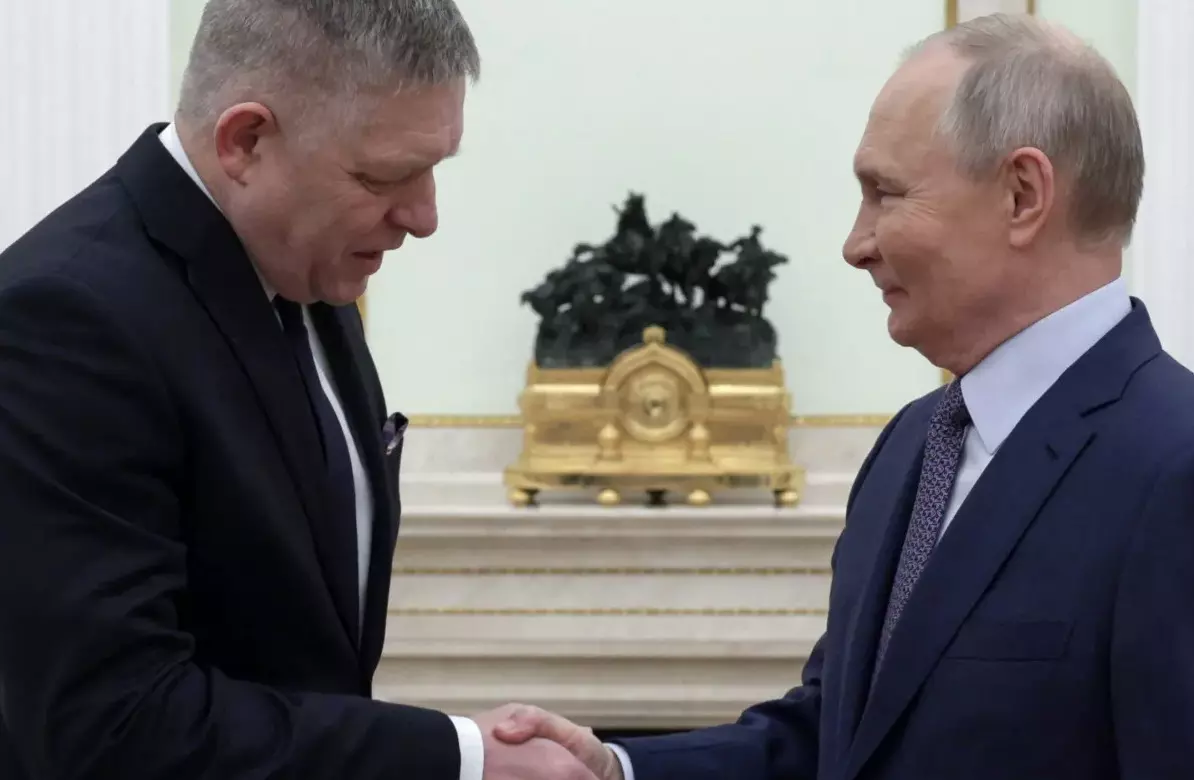Ukraine stops Russian Gas flows to Europe: Impact on energy security
Ukraine stops Russian Gas flows to Europe: Impact on energy security

Ukraine ceased the flow of Russian gas to Europe, marking a significant shift in the continent's energy dynamics. This decision ends a five-year transit agreement, with no new deal in sight due to the ongoing war. Gazprom, Russia’s state-owned energy giant, confirmed that gas exports via Ukraine stopped at around 8 a.m. local time.
Ukrainian President Volodymyr Zelenskyy had previously stated that Kyiv would not continue to facilitate the transit of Russian gas, emphasizing that Ukraine would no longer allow Russia to profit from the conflict. Since 1991, Russia has relied on Ukrainian pipelines to transport gas to Europe, but it will now depend on alternative routes like the TurkStream pipeline, connecting Russia with Hungary, Serbia, and Turkey.
The stoppage is expected to cost Ukraine up to $1 billion annually in transit fees, while Gazprom could lose nearly $5 billion in gas sales. The European Commission has been working with member states most affected by the end of the transit agreement to ensure preparedness.
Countries Most Affected Slovakia, Austria, and Moldova are among the countries most reliant on Russian gas via Ukrainian transit. Slovakia imported about 3.2 billion cubic meters in 2023, Austria received 5.7 billion cubic meters, and Moldova 2 billion cubic meters. While Austria claims it is well-prepared, Slovakia’s Prime Minister Robert Fico has warned of severe impacts on the EU and threatened to cut electricity supplies to Ukraine.
Moldova, not an EU member, declared a 60-day state of emergency last month to address energy security concerns. The Moldovan parliament approved the measure to mitigate the risk of insufficient energy resources.
European Response Ukrainian Energy Minister Herman Galushchenko called the halt a "historic event," noting that Europe had already decided to move away from Russian gas. Polish Foreign Minister Radek Sikorski described the development as a political victory, accusing Russian President Vladimir Putin of attempting to blackmail Eastern Europe with gas supply threats.
Current Energy Situation EU gas storage facilities are approximately 73% full, with Germany’s inventories at nearly 80%. Analysts suggest that the EU will need about 7.2 billion cubic meters of gas from the LNG market, with terminals in Poland, Germany, Lithuania, and Italy potentially supplying the most affected countries.
Henning Gloystein of Eurasia Group noted that the deal’s expiry does not threaten EU winter energy security due to preemptive measures and mild winter weather. However, future gas prices will depend on political developments in the Russia-Ukraine war and winter weather conditions.
Negotiations between EU members, Russia, and Ukraine continue, but no progress has been made. With above-average temperatures expected for the rest of winter, the impact of the gas cuts may be limited. The front-month gas price at the Dutch TTF hub was up 1.2% at 49.49 euros per megawatt-hour on Thursday.
This development marks a pivotal moment for Europe’s energy security, highlighting the need for diversified energy sources and robust contingency plans.

